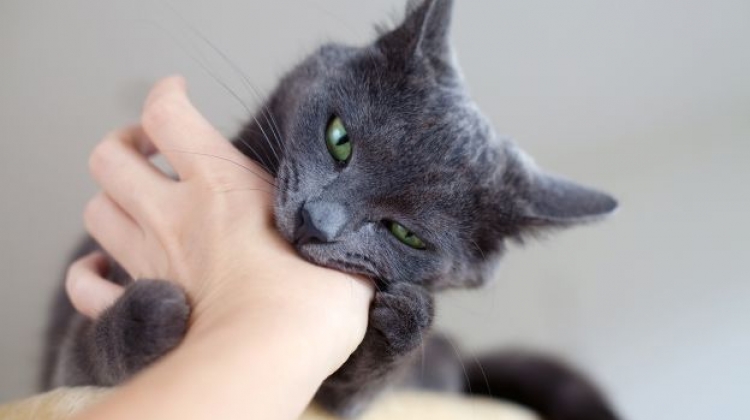Roberta
Thu 1 February 2018
0
There is a lot of confusion regarding the role of the cat's behaviour counselor. It's quite understandable given the recent development of this profession and how little we know about it in our country (Italy). Let's try to clear some doubts that often lead to big misunderstandings.
The most common error is to confuse the cat's behaviour counselor with a behaviorist veterinarian. What are the differences between these two professions?
- The behaviourist veterinarian is a veterinarian (a member of the medical community) who has followed medical behaviour training courses later in the career; studying the basic characteristics of different animals (dogs, cats, horses...), not focusing on a single animal, unless he has done specific courses on an animal species. The behaviourist veterinarian takes care of the animal's physical health, and can take action if there are behavioural problems by prescribing psychotropic drugs, drugs that affect the animal's nervous system and alter its behaviour and mental state.
- The cat's behaviour counselor it's NOT necessarily a veterinarian, it's a professional who has had training specifically in the cat's behaviour and psychology (or bigger/smaller felines). The role of the counselor is to take care of the cat's behaviour issues, NOT the physical health. The studies are focused on felines, unless the followed courses were on another specific animal species. The counselor intervenes when there are behavioural issues, to better the relationship between human and cat, and in all those situations where the cat and human need help to create a healthy relationship based on the respect of each others needs. The cat's behaviour counselor CANNOT prescribe any medication or drug, and does NOT give medical advises; the interventions only deal with the psychological and behavioural aspects. To clear things up: this professional role can be compared to a canine educator, who is an expert in the dog's behaviour, who has followed dog's behaviour and psychology training courses, who doesn't have to be a veterinarian, who only deals with the dog's education and behaviour rehabilitation.
The ideal situation would be for the cat's behaviour counselor and the behaviourist veterinarian to work together toward a common goal, to better the life of the cat and its owners.
There is no competition between these two professions. They work in different fields with different methods. They aren't rivals, they're actually complementary.
The owner of a cat with behaviour issues can first go to a behaviourist veterinarian or a medical veterinarian to check the cat's physical health, and then, if there aren't any physical or neurological problems, he can turn to a cat's behaviour counselor to schedule a targeted intervention, specific for any possible situation.
It's necessary to clarify something: having lived with cats for a lifetime, being a cat breeder, or working in a cat shelter does not make anybody a cat's behaviour counselor. It's absolutely required to have followed courses, done theory lessons and practiced in different areas, preferably guided by an expert in the field. There isn't an university program or a regulation on what educational path that can be considered valid or not. It's up to the single person's seriousness and willingness to find out the best path to follow to become a counselor.
Just like it's up to the single person's commitment to find information regarding the professionalism of a cat's behaviour counselor and eventually contact him/her for a problem with the cat.
FISAP CAB Roberta Roscini
ICAN Feline Behaviorist (Consultant)


Add new comment